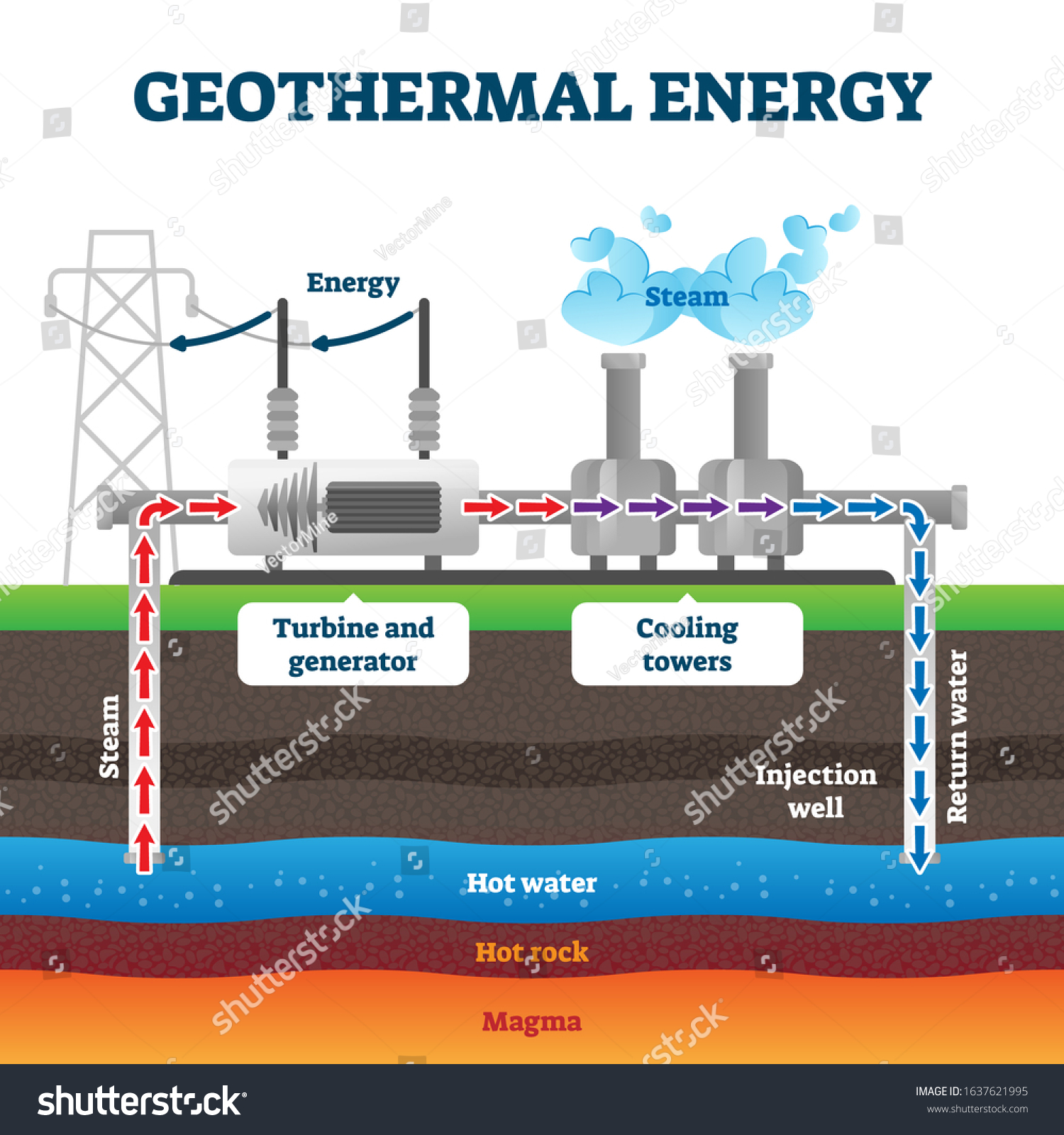Volcanoes (Geothermal Energy Cast Study)
1/4
There's no tags or description
Looks like no tags are added yet.
Name | Mastery | Learn | Test | Matching | Spaced | Call with Kai |
|---|
No analytics yet
Send a link to your students to track their progress
5 Terms
Background of Iceland
-By mid 20th century (1900s), Iceland was one of the poorest countries in Europe, relying on imported coal and local peat to develop the economy.
-Threats to supply (wars), cost of importing coal and cost of burning fossil fuels led to searching for an alternative.
-Iceland had a high concentration of geothermal energy with 200 volcanoes and 600 hot springs due to its location on the Mid Atlantic Ridge
Background to Geothermal energy production
-Geothermal heating water was used since the 1930s but the first power plant wasnt built until 1969.
-The oil crisis of 1973 expedited the need for Iceland to be more self sufficient .
-Today Iceland leads the way on geothermal energy production, which supplies 65% of its primary energy needs.
-Geothermal energy meets all necessary heating and hot water needs for 87% of Iceland’s buildings. Gov officials say CO2 emissions have gone down by 40% and costs are 5x cheaper rather than fossil fuels.
-7 major power plants provide 30% of the country’s geothermal energy, producing low cost emission free energy, boosting economic growth.
How does geothermal energy work
-Power stations use pipes to carry cold water deep underground where it’s superheated by heat from volcanic rocks.
-When it returns to the surface as steam, it moves turbines connected to generators making electricity.
-Magma close to the earths surface superheats nearby water which stays a liquid due to overlying rocks.
-The hot water is piped directly to buildings supplying hot water and heating.

Economic benefits of geothermal energy
-Iceland is self-sufficient in food production with crops like tomatoes and cucumbers grown in geothermal greenhouses heated by geothermal energy. Geothermal steam boils and disinfects the crops and lighting makes a year-round growing season.
-Geothermal heated water makes optimal temperatures for the growth of salmon and trout in 20/70 Icelandic fish farms.
-Low cost electricity and a reliable transmission system has driven rapid industrial development the past 25 years.
-3 aluminium smelters in Iceland use up to 70% of the geothermal energy produced in the country.
-Data centre industry is growing rapidly. Data servers use huge energy and benefit from the cool climate.
-Iceland’s most famous tourist spot (Blue Lagoon) was formed in 1976 during operations at the nearby power plant. People go for the health benefits of bathing in the water.
Future challenges
-Ambitious plans are being made to make the worlds largest under water connector to allow Iceland to export geothermal energy to the UK. The Icelink will help the UK meet renewable energy goals.
-Researchers are working on a method to use geothermal energy to split hydrogen from water- which would be used to power the country’s vehicles and fishing trawlers.